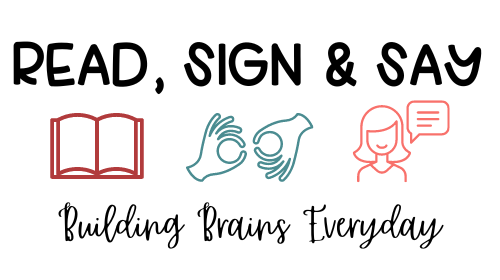Fine motor skills play a crucial role in a child’s early development and are essential for their overall growth and independence. Fine motor skills involve the coordination and control of small muscles in the hands, fingers, and wrists.
Let’s view five key reasons why fine motor skills are important in early childhood:
Precursor to Writing
Fine motor skills lay the foundation for writing. Activities such as holding a pencil, forming letters and shapes, and controlling the movement of the hand are all dependent on well-developed fine motor skills. By enhancing these skills, children can acquire better control over their writing utensils, leading to legible handwriting and improved academic performance.
Self-Care Tasks
Fine motor skills are necessary for performing various self-care tasks independently, such as buttoning shirts, tying shoelaces, zipping zippers, brushing teeth, and using utensils for eating. The ability to manipulate small objects with dexterity helps children become more self-sufficient and boosts their confidence and sense of accomplishment.
Cognitive Development
Fine motor activities stimulate cognitive development in young children. When engaging in tasks that require hand-eye coordination, concentration, and problem-solving, such as puzzles or building blocks, children develop their ability to think, reason, and make decisions. Fine motor activities also promote spatial awareness, as children learn to manipulate objects in relation to their own bodies and the surrounding environment.
Hand Strength and Coordination
Developing fine motor skills helps strengthen the small muscles in the hands, fingers, and wrists. As children engage in activities that involve squeezing, grasping, pinching, and manipulating objects, they enhance their hand strength and coordination. These skills are necessary for tasks like holding a pencil correctly, using scissors, and manipulating small objects with precision.

Sensory Integration
Fine motor activities often involve sensory experiences, such as touching different textures, feeling different weights, and exploring various materials. These experiences help children develop sensory integration skills, which involve processing and organizing sensory information from the environment. Sensory integration is important for overall sensory development and can have a positive impact on a child’s learning abilities.
Pre-Writing Skills
Fine motor activities contribute to the development of pre-writing skills, including hand-eye coordination, bilateral coordination (using both sides of the body together), finger isolation (moving individual fingers), and wrist stability. These skills are vital for fluid and controlled movements required for handwriting and other fine motor tasks.
Overall, developing fine motor skills in early childhood sets the stage for various important life skills, including academic success, independence in self-care, cognitive development, and overall physical and sensory abilities.
Encouraging and providing opportunities for fine motor skill development through play, arts and crafts, and age-appropriate activities can significantly benefit a child’s growth and development.

